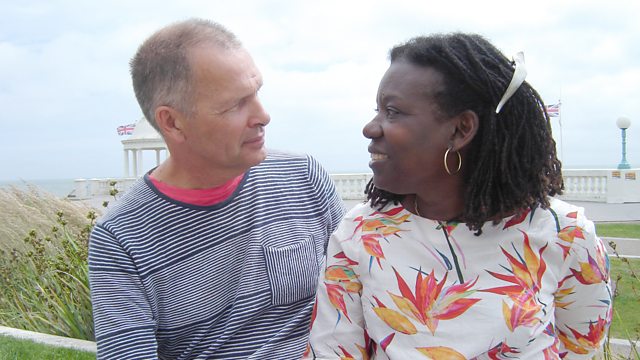Patrick Wolfe: Traces of History: Elementary Structures of Race
New Books Network
2016-11-07
Lynette Russell, Professor
Monash University, Australia
Aziz Rana, Professor of Law
Cornell University, Ithaca, New York
Widely known for his pioneering work in the field of settler colonial studies, Patrick Wolfe advanced the theory that settler colonialism was, “a structure, not an event.” In early 2016, Wolfe deepened this analysis through his most recent book, Traces of History: Elementary Structures of Race (Verso Books, 2016) which takes a comparative approach to five cases in: Australia, Brazil, Europe, North America, and Palestine/Israel. Just as settler colonialism grew through institutionalized structures of Indigenous elimination, categorical notions of race grew through purpose-driven (and context-specific) exploitation, classification and separation. In Traces of History, the machinery and genealogy of race are as present in land relations as they are in legal precedents.
Wolfe ties together a transnational pattern of labor substitution and slavery, Indigenous land dispossession, and the inception of racial categories which continue to normalize these historical processes into the present. While the Indigenous/settler relationship is binary across societies, Wolfe posits, the seemingly fixed concepts of race it produces are, actually, widely varied. Bearing strong threads of influence by Said, DuBois, Marx, and countless Indigenous and Aboriginal scholars, Wolfe lays down a model for drawing connections across these cases, while simultaneously acknowledging that as with any ongoing process, there remain pathways for optimism and change.
Patrick Wolfe passed away in February 2016 shortly after the publication of Traces of History. The following interview is with Dr. Lynette Russell and Dr. Aziz Rana, two of Wolfe’s many colleagues and thought partners both impacted by and familiar with his work. Prompted by the release of Traces of History and Wolfe’s untimely passing soon after, the interview recorded here engages the book as a platform for broader discussion about the substance of Wolfe’s intellectual pursuits, integrity, commitments and the creativity and challenges borne of them…
Listen to the interview (00:48:39) here. Download the interview here.


